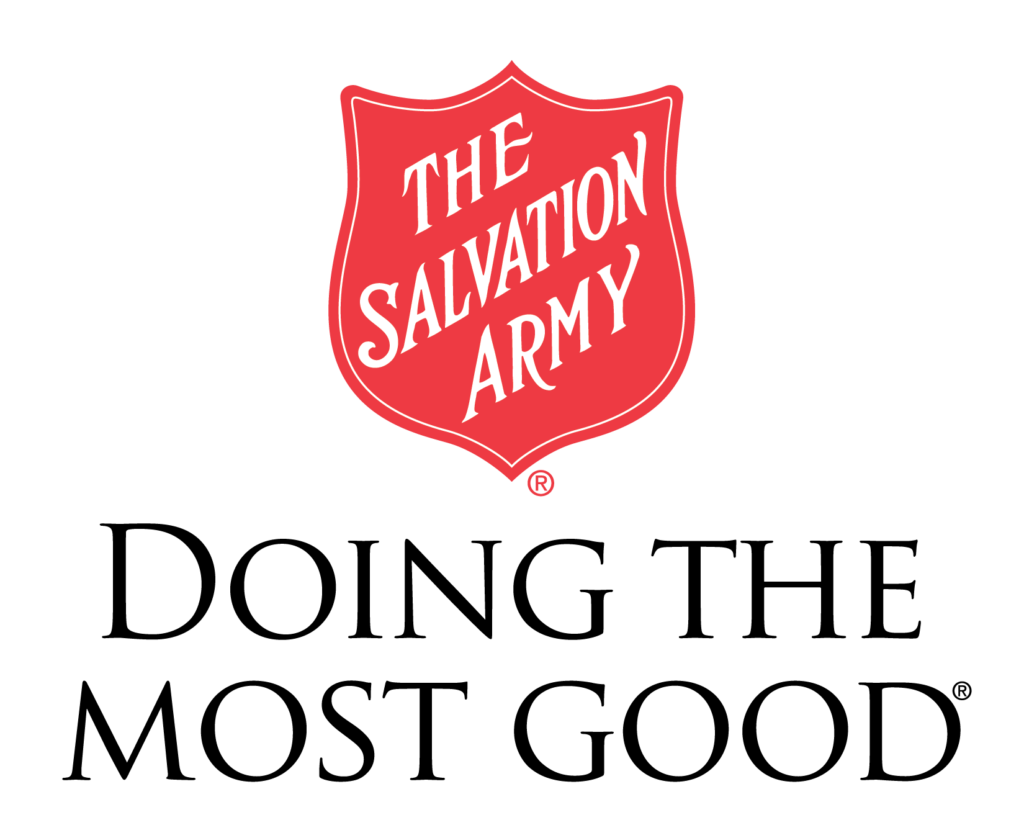Last week I wrote about the importance of social capital—the capacity to cooperate toward common goals. One of the reasons that social capital is so critical is that the functions it serves cannot easily be replaced. There are many things that need to be done but simply cannot be done by individuals acting alone. When social capital is lacking, the demand for those things does not disappear; instead, that demand is transferred to the political sphere. Expansive government is thus one effect of a dearth of social capital.
Consider a community with a large number of homeless people. The problem is obvious, and all decent residents notice and want to address it. Each individual resident also recognizes that the scale of the problem is beyond his or her capacity to solve. One might establish a relationship with one of the homeless persons and try to help by providing guidance, monetary support, or employment. One might even welcome the person into one’s own home. These would be laudable and potentially effective efforts. But they would, at best, deal with the problem in a piecemeal way. And it’s likely that many residents would not be equipped to help in these ways.

A more comprehensive approach would be to employ social capital. This could be done by enlisting the support of an existing institution such as a church, a fraternal organization, or a local charity. The organization would create a program that focused efforts specifically on homelessness and could bring its existing resources—physical plant, financial resources, social and business networks—to bear on the problem. As the program’s effectiveness became known, additional human and economic resources would be made available to it. (Or, if it was ineffective or inefficient, resources would flow to another approach.) Alternatively, if there was no existing institution that was willing or able to attack homelessness, a new organization could be created. The same feedback would take place, as resources were collected and applied, and success was achieved (or not).
The process I’ve described is not pie-in-the-sky. It has taken place thousands of times across thousands of communities in the course of American history. It has created programs and organizations to combat not only homelessness but also poverty, crime, and injustices of many kinds. It has generated institutions to serve the ill and dying, orphans, widows, pregnant mothers, the elderly, and the disabled. It has built hospitals, community centers, museums and arts venues, parks and playgrounds. All of this has been done through the initiative of individuals but not by individuals acting alone. It has required the cooperation of many people, working together toward a common aim.

But it isn’t automatic. Confronted by social problems, people can say, “I don’t care,” or “someone else will take care of it,” or “that’s why I pay taxes.” Many people have, and their communities are poorer for it.
In this way, the paradox in the title of this piece is explained: Social capital is a fusion of self-reliance with concern for the common good. Eschewing a “someone else” attitude, the self-reliant person takes responsibility for his own good as well as that of his community, recognizing that the two are inextricably bound together.
The alternative to a society of self-reliant, generous, cooperative citizens, is one of dependent, self-centered, fissiparous citizens. In such a society, people do not seek to solve problems on their own or by initiating collaborative efforts; instead, they look to government for solutions. They cooperate for the purpose of influencing policy but for little else. Obligations to the common good are discharged by voting and by paying taxes; otherwise, responsibility for addressing society’s ills—such as homelessness—falls to public officials and government agencies.
While government can be one participant in cooperative efforts to improve communities, it cannot replace the role of private institutions. The institutional framework and incentive structure of government are necessarily different from those of voluntary organizations. In most cases, government programs will be less efficient and less effective. Yet, where social capital is weak, government naturally grows to fill the void. It’s one more reason to commit ourselves to rebuilding the social capital of our families and communities.


